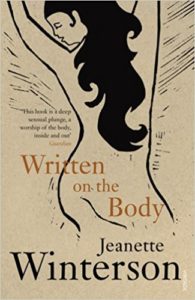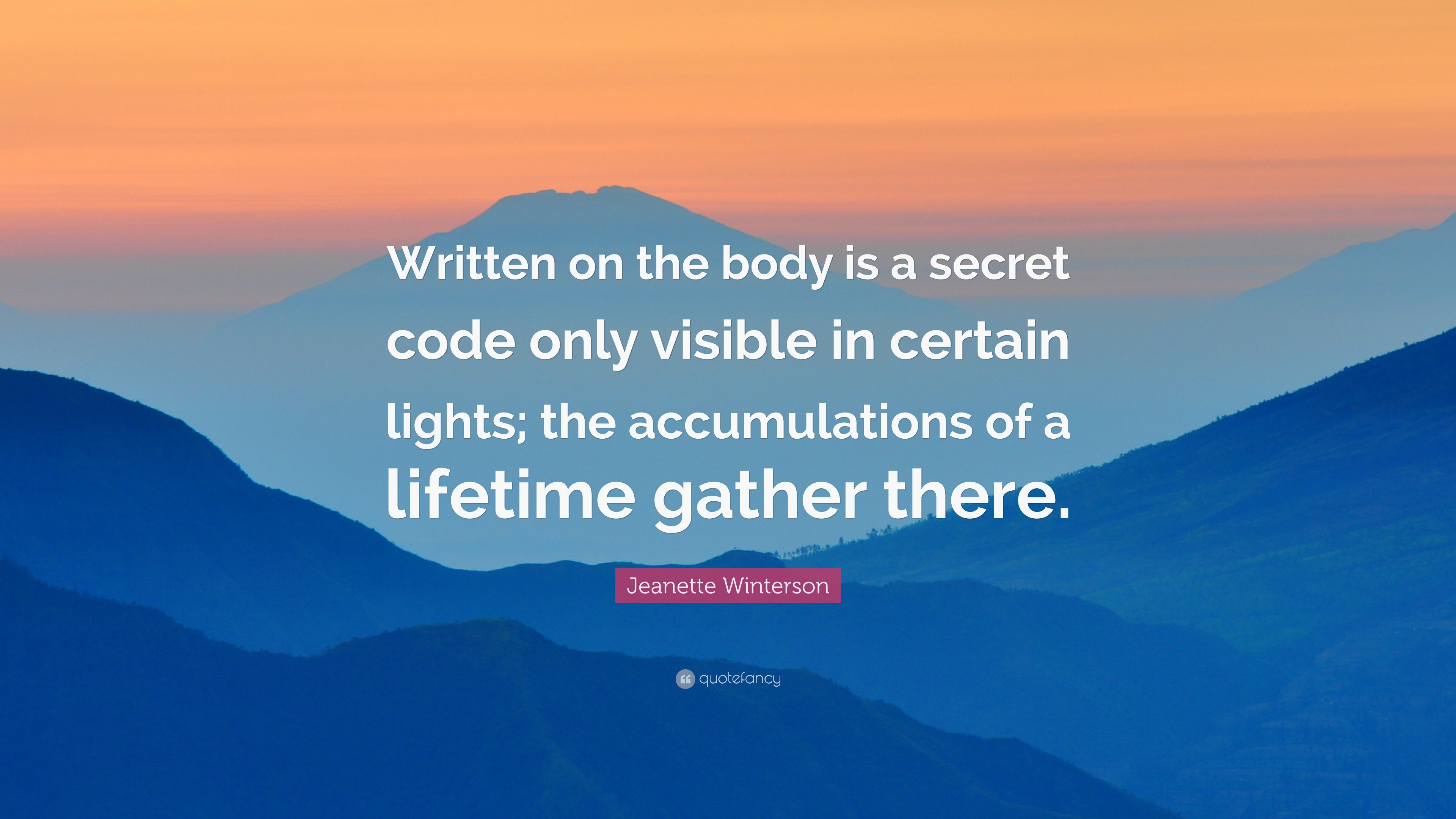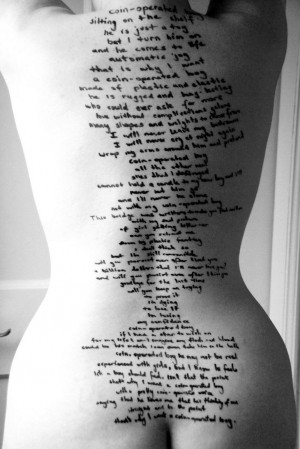

Read moreĭrawing on theories of culture and translation, this article explores the relationship between migrancy and translation within the discursive mode of storytelling in two novels by East African writer Abdulrazak Gurnah, Admiring Silence (1996) and By the Sea (2001). It also transports characters to specific locations while charting a geography of central London it affords space for both the characters' and Woolf's indirect narrator's comments on social classes it allows the female characters briefly to escape their prescribed social roles and in its constant motion-its careening around corners, its sudden stops and starts-it mirrors the non-linear patterns of Woolf's modernist fiction. The omnibus in Woolf's three novels functions as an ambivalent symbol of democracy and freedom. Thus, it is not surprising that she would have appropriated the omnibus as a constant symbol in her city novels. familiar with the constant accounts in the Times and elsewhere about omnibus-related traffic congestion, accidents, fares, and strikes. A frequent rider of both horse and motor omnibuses, Woolf knew the colors, routes, and fares of the omnibuses that formed a web across London. This chapter explores the role of the omnibus in Woolf's novels on three levels: as a realistic marker of technological progress, as a cultural commentary on the British class system, and as a vehicle for Woolf's narrative technique.

In her ninth novel, Lighthousekeeping (2004) one of the inter-chapters reveals the continuity of this identification of subjectivity with narrativity: In her first novel, Oranges Are Not the Only Fruit (1985) when the young narrator (a preacher) is forbidden to preach the Word by the church elders she makes up her own words in the form the novel takes. The self is constantly being reinvented by narrative means in her fiction. All of Winterson’s nine novels to date equate the quest for self with self-narration. Yet gender, sexual orientation, and class are themselves partly determined by national constructions of or modifications to them.

Every novelist considered in this book can be said to be in quest of one form of identity or another-an identity already constructed in part by the past and its recreation in the present, an identity that attaches itself to notions of nationhood, ethnicity or culture, or-as in this section-an identity determined by gender, sexual orientation, or social class.

“Everything I have written is a quest-a quest for self,” Winterson wrote in the program notes to her dramatization of The PowerBook in 2002 (“Experiment!” 7).


 0 kommentar(er)
0 kommentar(er)
